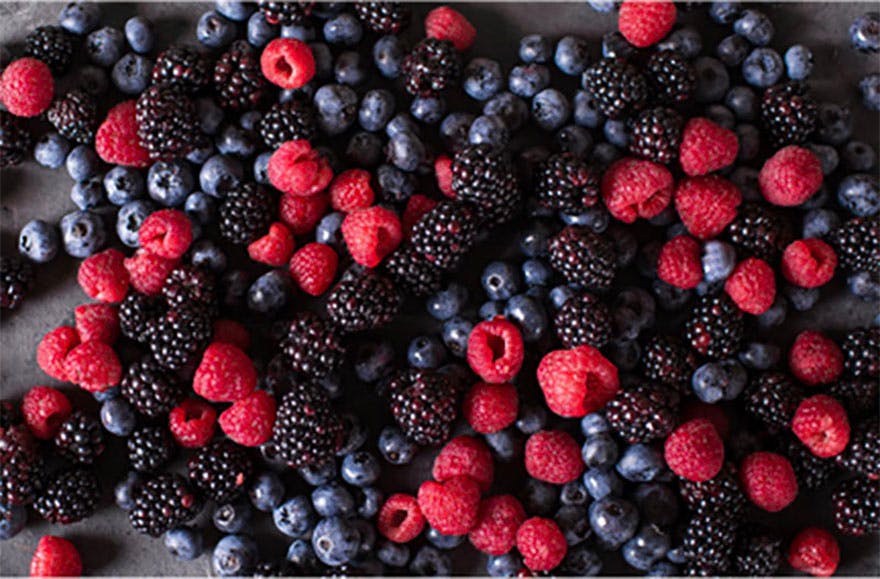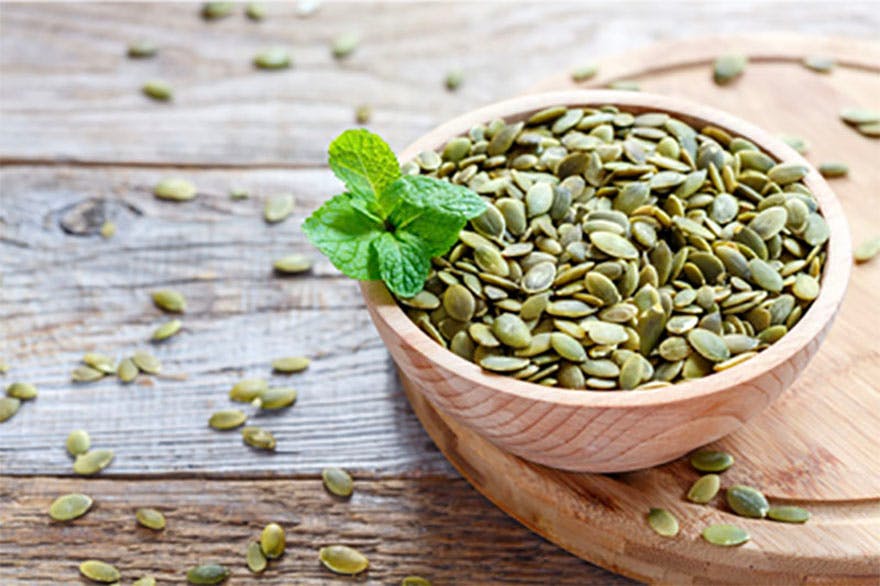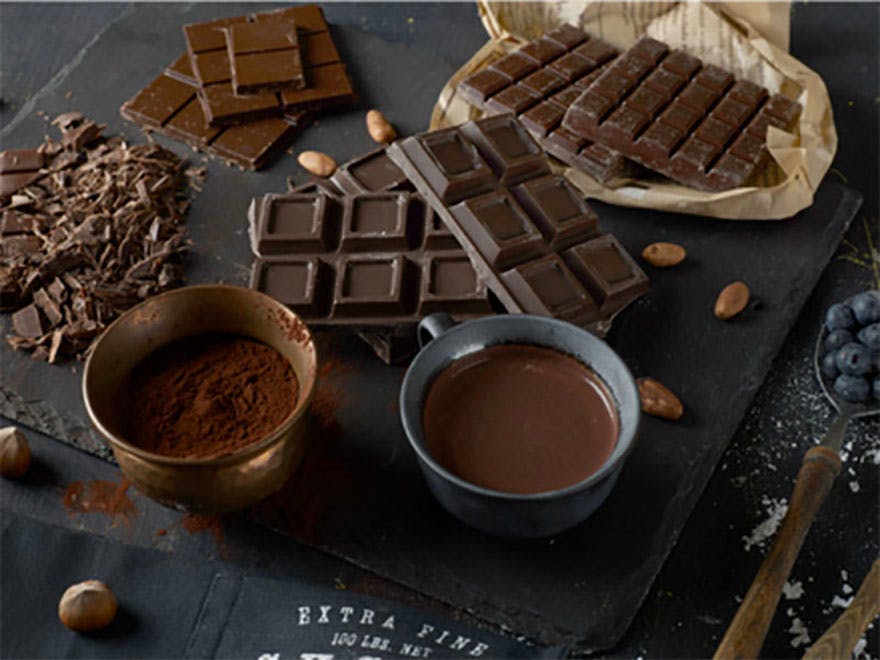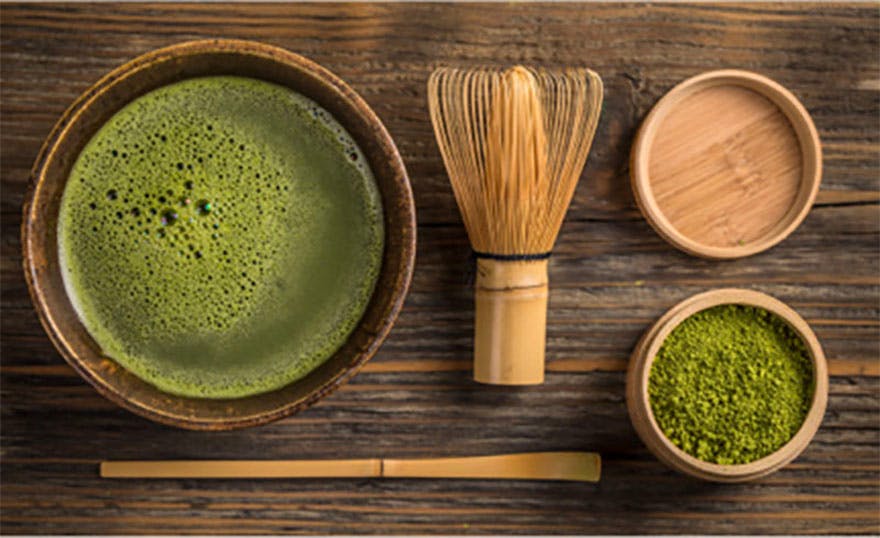The 5 Best Foods That Will Help Supercharge Your Brain
WOMEN'S HEALTH
04.24.2018
Amidst our busy schedule, it's important to retain our focus and memory. Resting alone is not enough to recharge your brain. Having a healthy diet is essential for rebuilding your brain cells and maintaining your brain performance. Some nutrients and minerals beneficial for your brain are omega-3 fatty acids, magnesium and zinc. Here are five foods that will help to supercharge your brain.
Fatty Fish
Fatty fish may sound unhealthy, but on the contrary, they are possibly the healthiest seafood you can eat! Rich in omega-3 fatty acids, fatty fish can help to build brain and nerve cells(i), which are essential for learning and memory (source). Some examples of fatty fish are tuna, salmon and mackerel. Opt for this seafood during lunch or mix canned tuna into your pasta and sandwiches. You can also take fish oil supplements to increase your omega-3 intake.
Berries
Berries, especially the dark-coloured ones such as blueberries and acai berry, contain high amounts of antioxidants. They are essential in improving interaction between brain cells and to enhance memory. Berries are normally made into smoothies or added to your breakfast bowl. You can also switch your afternoon tidbits into berries, which are way healthier than chips or cakes.
Pumpkin Seeds
Pumpkin seeds are great sources of magnesium, iron, zinc and copper. They are responsible to help your brain feel calm(iii), to strengthen your learning process, and to optimise your brain function(iv). Similar to berries, pumpkin seeds are healthier options for afternoon snacks. Alternatively, you can sprinkle them over your salads or muffins to add a little crunch to your meal.
Dark Chocolate
There have been plenty of studies reporting the benefits of dark chocolate -- one of them is the benefits of chocolate on brain performance. Flavonoids(v) and epicatechin(vi) that are commonly found in dark chocolate are scientifically proven to improve brain memory. Besides, dark chocolate contains caffeine(vii) and antioxidants that help to stimulate the brain and to optimise your cognitive function. Besides post-meals snacks, you can also include a few blocks of dark chocolate in your breakfast bowl.
Green Tea
The benefits of green tea are not uncommon to us, but do you know green tea also helps to supercharge your brain? Green tea can help to improve focus, memory(viii) and brain activity(ix). The L-theanine substance in green tea also boosts the frequency of alpha waves(x) in your brain, helping you stay calm and relaxed. Start your day with a cup of green tea or if you are looking for sweet treats for dessert, pick the green tea flavour. Avoid the artificial green tea flavouring on packaged snacks as these snacks will not give any benefits to your brain.
It is important to consume these foods regularly to improve your brain performance. Nevertheless, sometimes we may not have access to these food items, and that's when multivitamins can come in handy. The right multivitamins can help boost your brain function and meet your nutritional requirements, so don't forget to take them regularly!
- Wysoczański T, S.-W. E.-S. (2016). Omega-3 Fatty Acids and their Role in Central Nervous System - A Review. Curr Med Chem, 23 (8), 816-31.
- Cole GM, M. Q. (2009). Omega-3 fatty acids and dementia. Prostaglandins Leukot Essent Fatty Acids, 81 (2-3), 213-21.
- de Baaij JH, H. J. (2015). Magnesium in man: implications for health and disease. Physiol Rev, 95 (1), 1-46.
- Marger L, S. C. (2014). Zinc: an underappreciated modulatory factor of brain function. Biochem Pharmacol, 91 (4), 426-35.
- Grassi D, S. V. (2016). Flavanol-rich chocolate acutely improves arterial function and working memory performance counteracting the effects of sleep deprivation in healthy individuals. Journal of Hypertension, 34 (7), 1298-308.
- Fernell M, S. C. (2016). Epicatechin, a component of dark chocolate, enhances memory formation if applied during the memory consolidation period. Communicative Integrative Biology, 9 (4).
- Hendrik J. Smit, E. A. (2004). Methylxanthines are the psycho-pharmacologically active constituents of chocolate. Psychopharmacology , 176 (3-4), 412-419.
- Schmidt A, H. F.-G. (2014). Green tea extract enhances parieto-frontal connectivity during working memory processing. Psychopharmacology , 231 (19), 3879-88.
- Dietz C, D. M. (2017). Effect of Green Tea Phytochemicals on Mood and Cognition. Current Pharmaceutical Design, 23 (19), 2876-2905.
- Nobre AC, R. A. (2008). L-theanine, a natural constituent in tea, and its effect on mental state. Asia Pacific Journal of Clinical Nutrition, 17, 167-8.
Recommended Articles
The 5 Best Foods That Will Help Supercharge Your Brain
Amidst our busy schedule, it's important to retain our focus and memory. Resting alone is not...
Iron deficiency is a lot more common than you would think. A recent survey by SATA CommHealth(i...
Mars vs Venus: Understanding the His and Hers of Nutritional Needs
Mars vs Venus: Understanding the His and Hers of Nutritional Gaps Although their DNAs are...











